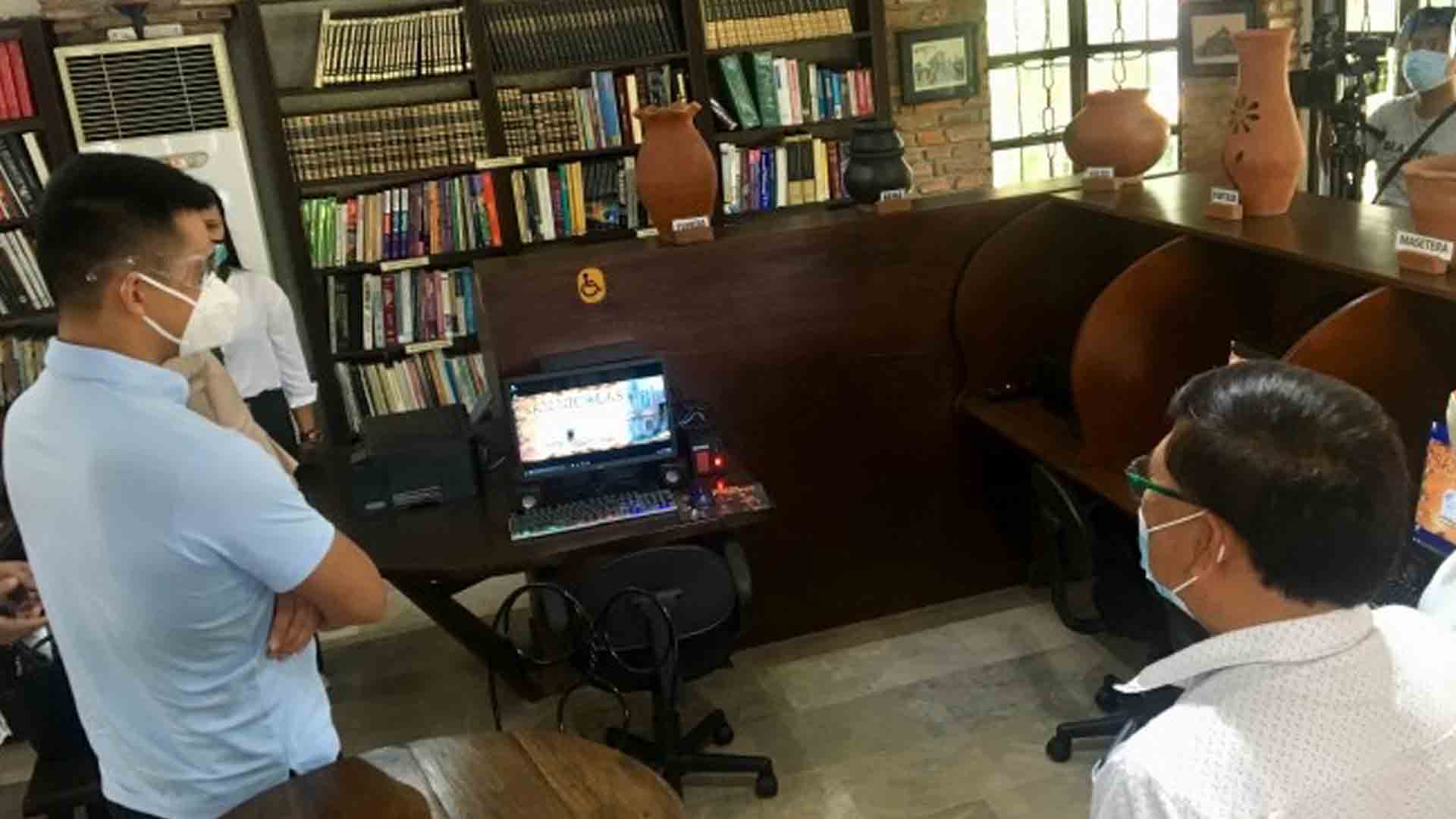The Department of Information and Communications Technology (DICT) in Ilocos Norte is working double-time to connect all learners as they adapt to blended learning amid the coronavirus disease 2019 (Covid-19) pandemic.
Lawyer Saul Paulo Lazo, chair of the committee on education of the Sangguniang Panlalawigan, said Wednesday that at least 33 free Wi-Fi sites were already established in the province to provide learners with better access to the internet.
“Additional 136 sites are also slated for the DICT program to ensure that all rural and urban areas can cope up with the new norms of learning and that no one should be left behind when it comes to education,” he said.
Even before the pandemic, the Department of Science and Technology-Information and Communications Technology (DOST-ICT), in partnership with the provincial government during the administration of then governor and now senator Ma. Imelda Josefa “Imee” Marcos, started the Technology for Economic Development (Tech4ED) project.
The project aims to establish centers in rural and underserved areas to have better access to ICT services, learning resources and opportunities for entrepreneurship and employment.
The Tech4ED platform is being offered by the DOST-ICT to provide equal opportunities for all, regardless of their level of education and economic status.
Under the Digital Classrooms component, the program provides a venue for studying, work, and availing of online government services in digitally underserved and unserved areas of the country.
To date, Ilocos Norte has a total of 41 information hubs, which are now being enhanced by their respective local government units to be used by learners.
Initially, the i-hubs aim to empower out-of-school youths, persons with disabilities, senior citizens, and individuals who are interested to expand their knowledge and skills for economic development.
The learning i-hubs, equipped with computers with internet connectivity, have become more useful now as learners with limited gadgets at home frequent these to download their learning activities. The stability of Wi-Fi connections, however, remains a big challenge in the province.
With this, the provincial government is pushing for gadget-based offline learning instead of the printed self-learning modules, which are more costly on the part of the government and learners in general. (PNA)







